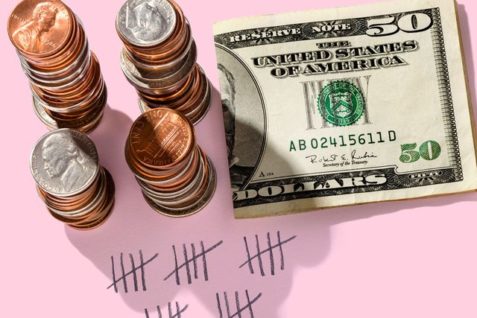
Start Investing in Gold
If you have currently discovered the benefit of gold investments, the next important concern will currently be, “exactly how to begin buying gold?” Below are a few steps you can comply …
If you have currently discovered the benefit of gold investments, the next important concern will currently be, “exactly how to begin buying gold?” Below are a few steps you can comply with to start:
Gold Kinds
There are various kinds of gold you can be able to purchase. These include physical gold such as bars, coins, and also precious jewelry. Gold mutual funds are additionally wonderful sources for investments. You do not own the gold gets discovered but the financial money stood for by them.
Another form which is closely related to mutual funds is gold exchange trade funds or ETF’s. A few of these maybe a branch off of specific mutual fund investments however as a whole they are various because of the visibility of physical gold affixed to a stock. The real gold in bullion represented by your supply is secured and maintained by the funding firm.
Digital gold money or DGC is another gold form. These are electronically stood for gold which can be squandered when needed. Printed versions are additionally called paper gold as well as earlier types of this are gold certificates which remained in circulation from the late 1800’s till the early 1900’s in the U.S.
Dimension of Financial investment
Besides the type of gold you will certainly spend upon, just how to start purchasing gold additionally involves just how much gold you are going to invest. You ought to start deciding on this now by taking into consideration how much you are capable of acquiring.
For those that pick physical gold, it is remarkable to recognize that the cost per product becomes cheaper as you buy more. This can be said of gold bullion consisting of bars and also coins. Just like the benefits of buying wholesale in grocery stores, buying gold wholesale is less costly than buying one piece at a time. As for funds of whichever kind, the price of assets per percent is typically the same despite how much supply you are going to buy.

Dealership and Enroller Companies
Should you pick physical gold, the next consideration is who to purchase them from. There are different suppliers with profiles throughout the web. You can select a supplier based on a few elements such as the length of their background with this type of organization and the amount of people have they had the ability to offer gold coins and bars to.
The previous does not necessarily imply that a new dealer is not suggested. Although even more tenured dealers are more suitable, more recent ones might have advantages provided which others do not. It is remarkable that there is one dealership who uniquely as well as only supplies warranty for his gold items.
The last does not count the heads. It checks how many of these individuals that availed a dealership’s items have been pleased by it. Herewith top quality really defeats quantity. If you are still not sure, you can ask individuals who have gold financial investments too to advise a credible dealer that you can transact with.
In case you pick gold funds, there are lots of companies who use their properties to those who count on investing mutual funds with them. Look for those with trusted names in the gold company.
For ETF’s, golden goose as well as gets with literally backed up gold items can be invested upon. These might either run in your area or are additionally providing solutions worldwide.
Also newbies can take advantage of fundamental overviews in just how to begin investing in gold. This makes sure that brand-new financiers have enough heads up prior to starting a trip in gold financial investments. The even more educated you have to do with the gold market, the much more successful you will be in your investment.
For further information on investing in gold for your IRA or 401K visit their page for a complete gold IRA company review and to get your free gold investors guide.





















































